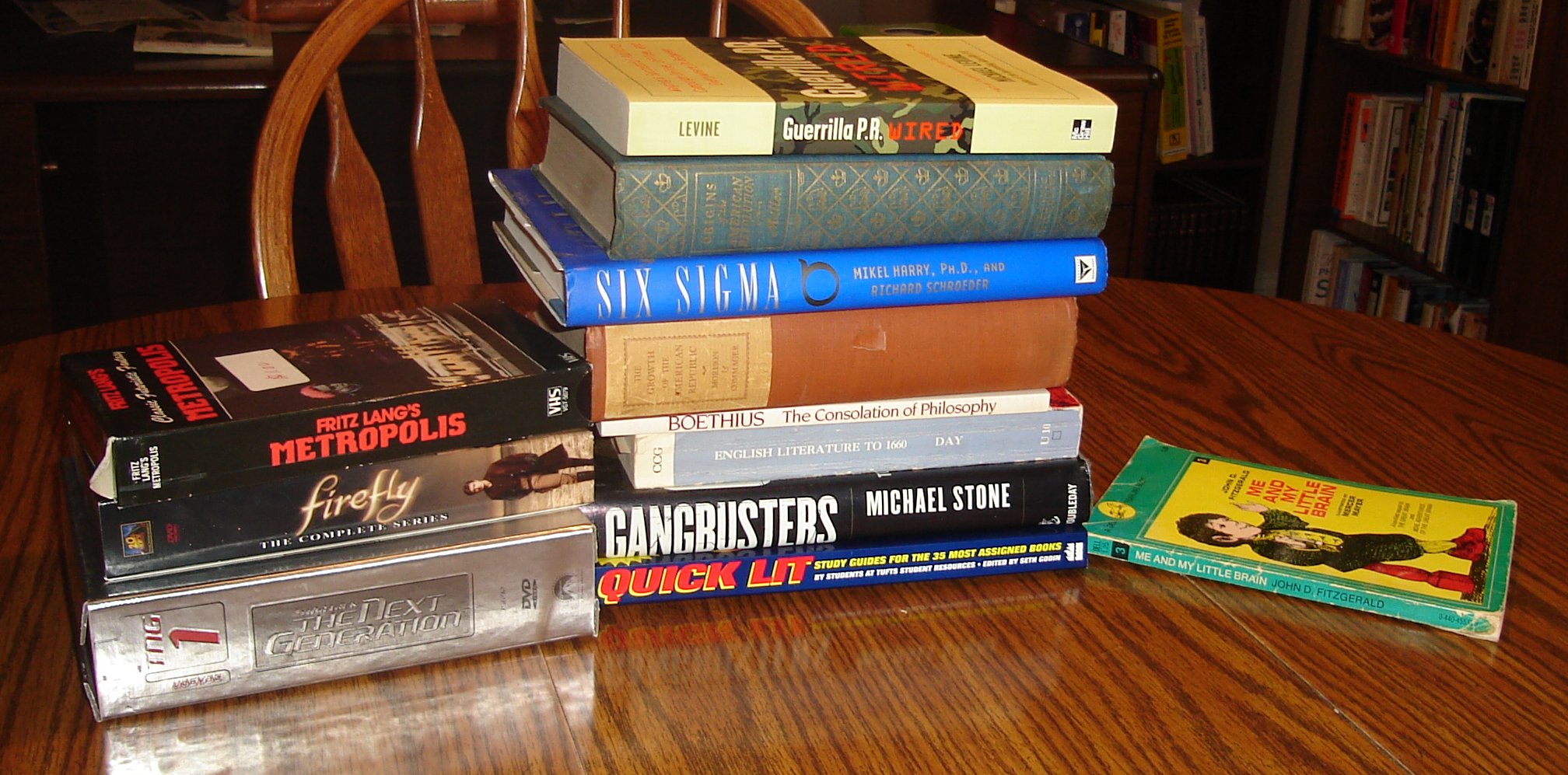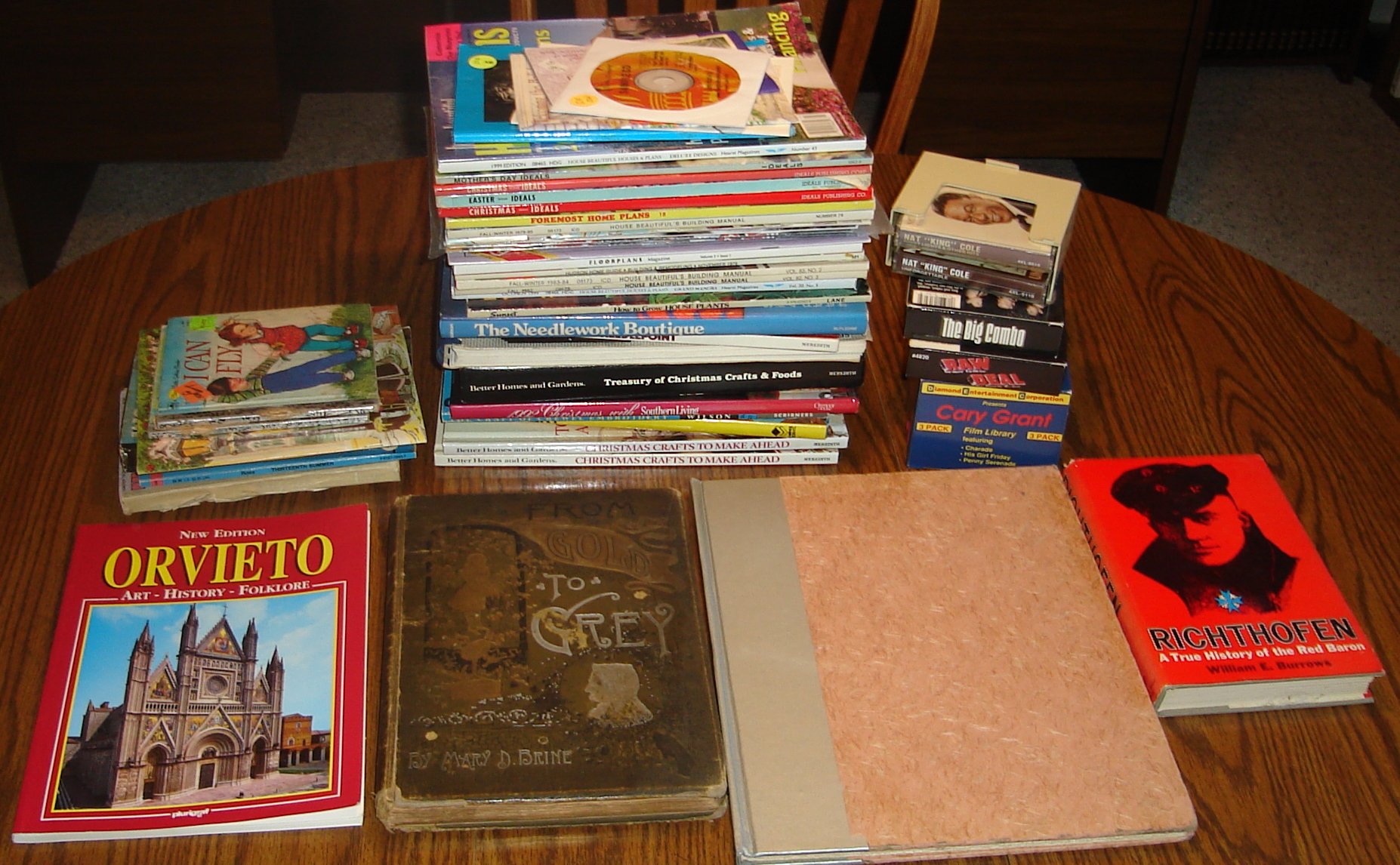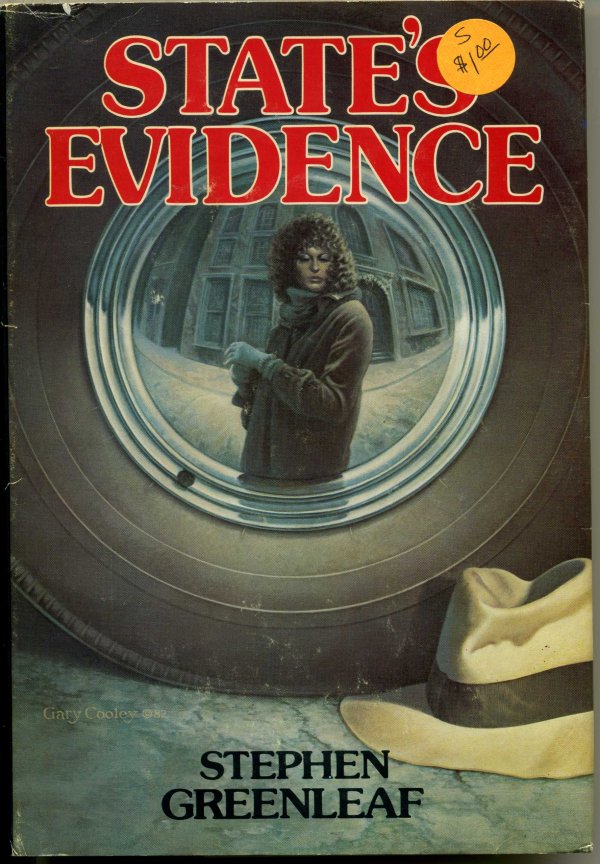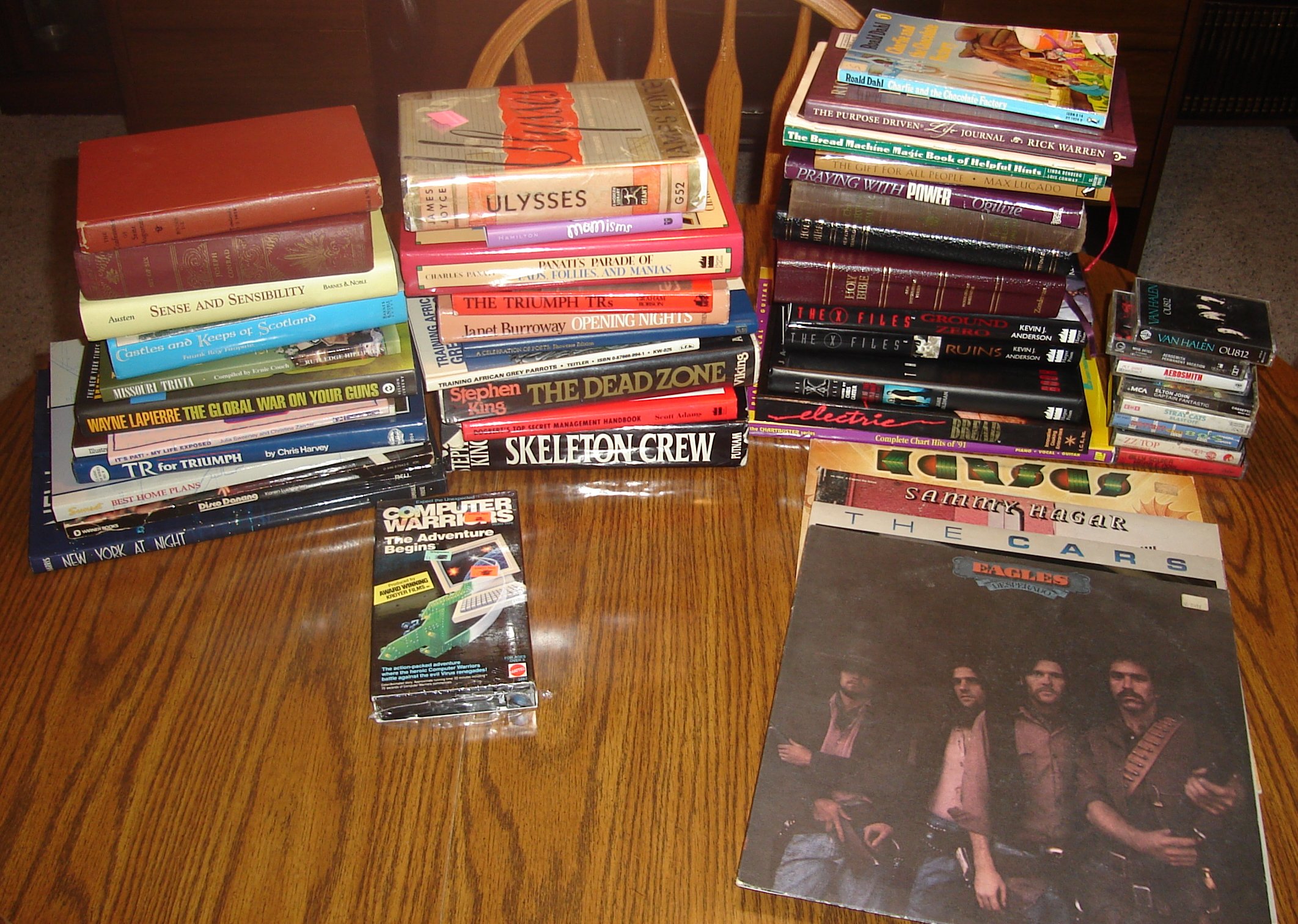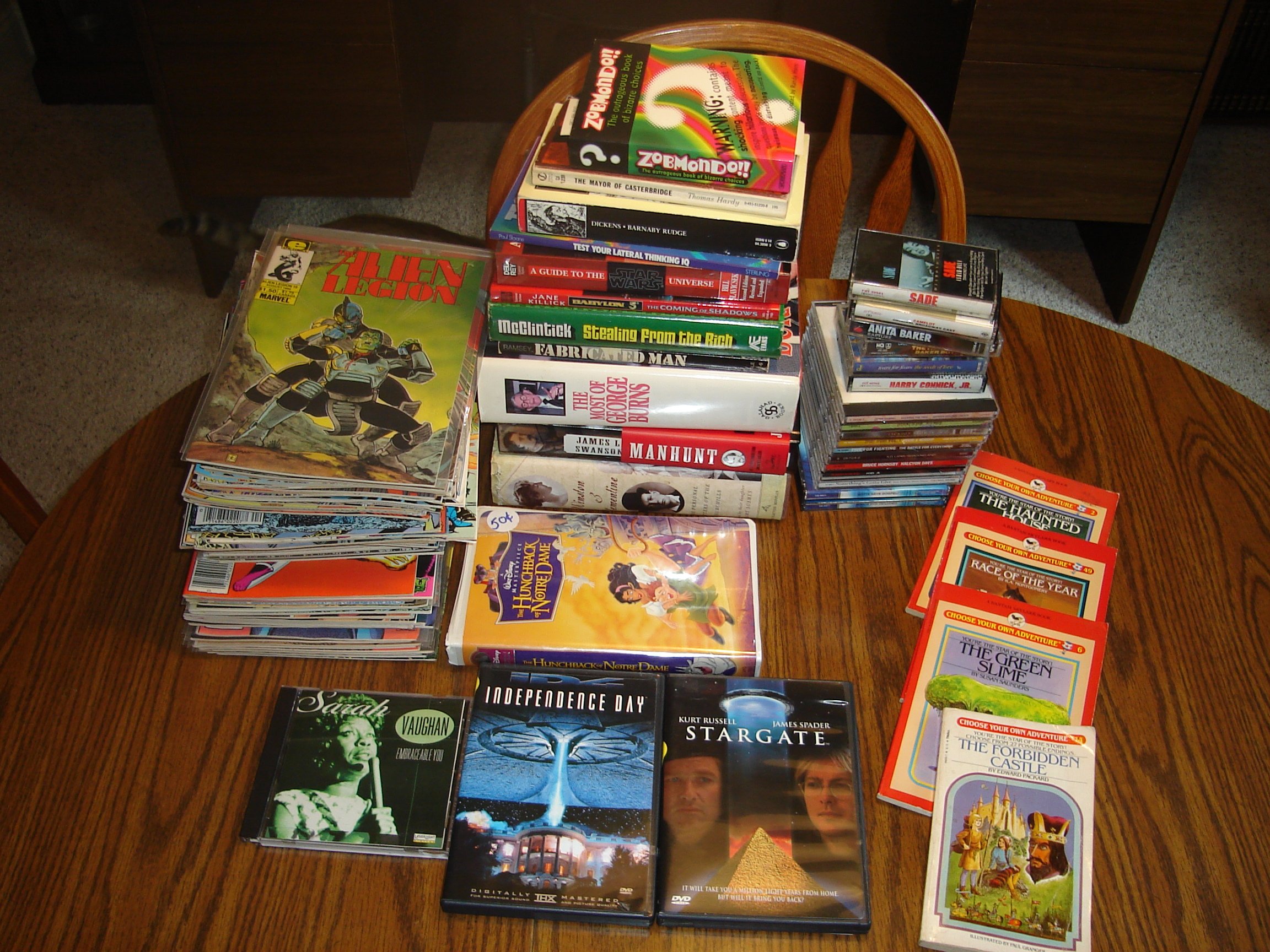Unlike some, I haven’t read much Heinlein. As a matter of fact, as I review a list of his books on Wikipedia, I can’t say I’m sure I have read any, although some of the titles sound familiar from my middle school Del Rey paperbacks-in-library-binding days.
I can’t say that now, certainly, and I do have a couple more on the to-read shelves, so I’ll get my old school sci-fi thing going on.
This book, ca 1964, revolves around a nuclear conflict and a nuclear family plus a friend who duck and cover into the father’s bomb shelter when the bomb comes. The family has its problems, from a headstrong son with Oedipal issues to the hard-drinking suburban wife, but the confident and resourceful father holds the family together with the force of his will. A third nuclear strike on a military facility near the home sends the bomb shelter to another place or time.
So the first forty-eight percent of the book details the family’s survival in an unspoiled world, the next forty-eight percent of the book details what happens when the family discovers it’s 2000 years in the future, and four percent of the book at the end details a denouement or dedeusment of sorts.
The prose is lean and the plot is definitely event-driven, so I enjoyed it, but I guess one could knock it for thin characters. However, if you’re a growing lad, this is good science fiction to get you in the mood for the release of Star Wars in fifteen years.
So it’s not as hard science as Niven, but it’s not as dense as some of the stuff of his I’ve read, and it’s not 500 pages either.




